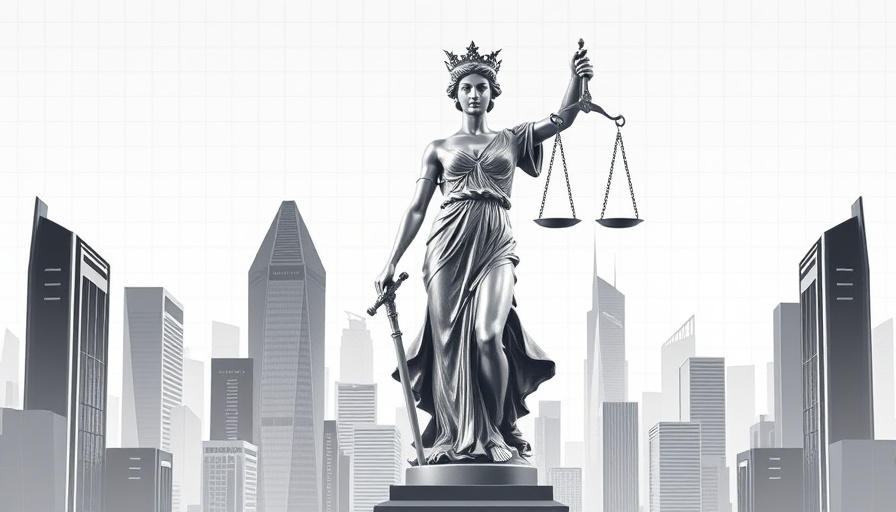
Navigating the Legal Labyrinth of AI in Nigeria
As artificial intelligence (AI) pushes the boundaries of technology, Nigerian courts face a pivotal challenge: can they keep pace with AI-generated evidence? With innovations like ChatGPT and deepfake videos on the rise, the legal landscape is evolving, prompting lawyers and judges to rethink existing frameworks.
Understanding Nigeria's Current Legal Framework
Nigeria’s Evidence Act of 2011 acknowledges electronically generated evidence, but this legislation arrived in a time marked by simpler digital artifacts, such as emails and photographs. Now, as AI technology introduces complex forms of digital proof, legal professionals express concerns regarding the admissibility of such evidence in court. "Our laws are very archaic right now," asserts Queen-Esther Ifunanya Emma-Egbumokei, hinting at the urgent need for reform.
The Importance of Authentication
Authenticating AI-generated evidence poses a unique challenge. According to Bernard Daniel Oke, a specialist in intellectual property, establishing reliability is crucial. Without thorough authentication, the courts struggle to differentiate between genuine evidence and AI-forged artifacts. “The implications of edited messages on social media platforms being tendered in evidence can lead to inadmissibility due to tampering,” Oke warns, underscoring the importance of certifying the authenticity of evidence.
Learning from Global Experiences
Nigeria is not alone in its legal quandaries brought forth by AI. South Africa encountered a significant incident when an attorney submitted fictitious case law generated by AI. This episode sparked discussions about the ethical responsibilities of lawyers using AI tools. It suggests that Nigerian courts might benefit from examining the missteps made by their neighbors.
What Lies Ahead for the Legal System?
As AI continues to redefine industries wrapped in technological evolution, Nigerian courts must evolve with it. Tolu Adeyemi, a dispute resolution lawyer, notes a potential lifeline—AI-generated content can be accepted if corroborated by oral evidence or an authenticity certificate. Such adaptability could pave the way for more reliable court proceedings. But questions remain: How will the judicial system ensure compliance? Will legal practitioners be ready for the challenges ahead, or will they lag behind?
For tech entrepreneurs and innovators in Africa, the landscape of legal requirements will impact future projects. Investing in AI technology will require not just creative thinking but also a keen understanding of legal implications surrounding digital evidence.
 Add Row
Add Row  Add
Add 


 Add Row
Add Row  Add
Add 

Write A Comment